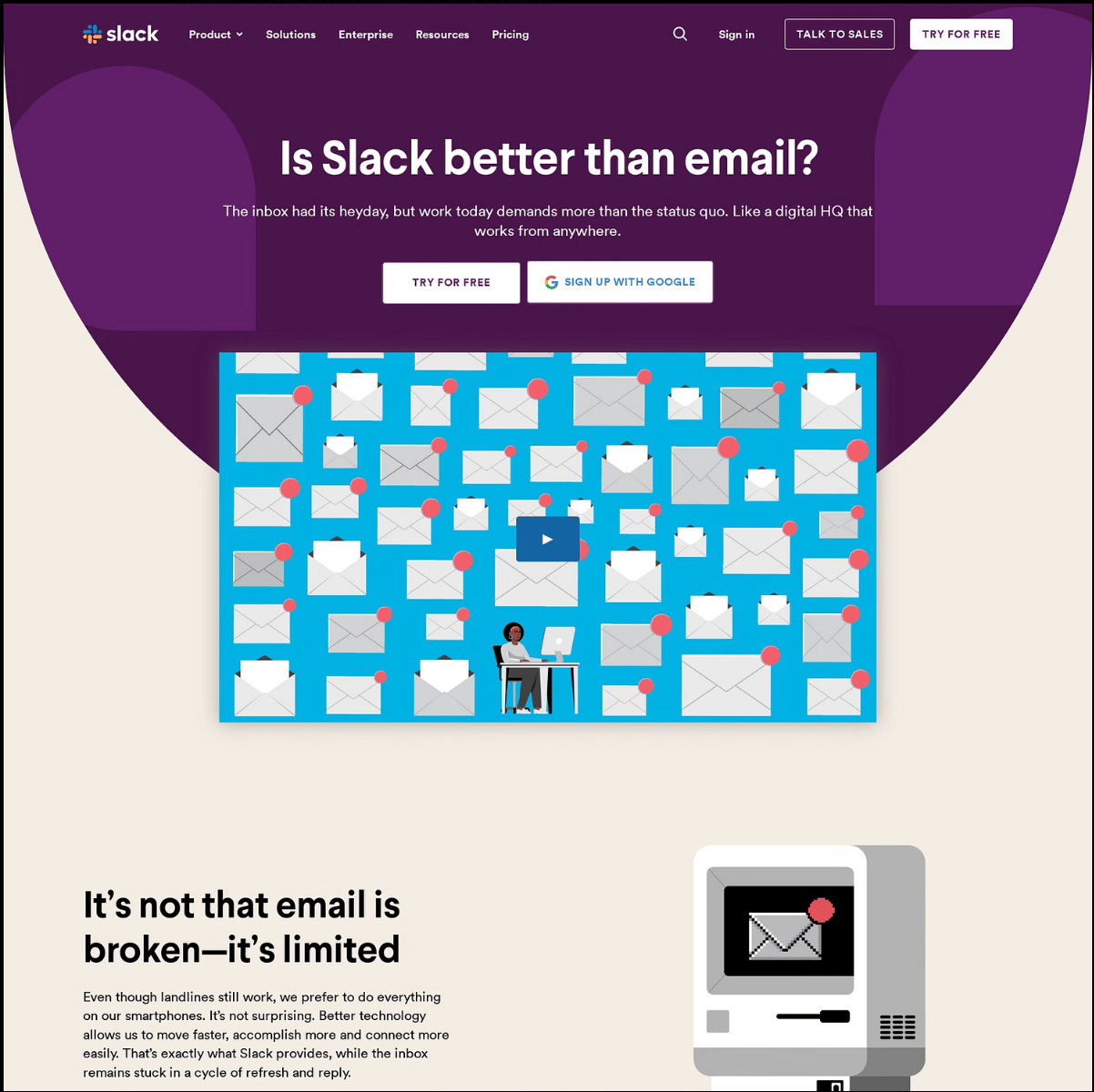When I was in my first year of college, I was dreaming about getting Dr. Martens.
Oh my god, I didn’t have any money.
And believe me, it was an investment.
So when I finally bought them — white, glossy, strong — I was absolutely happy.
Like, I couldn’t stop looking at them. I wanted to wear them all the time.
But… I couldn’t.
They gave me such horrible blisters, I couldn’t walk in them for longer than 20 minutes.
And no — it didn’t go away with time. I kept hoping they’d break in. They didn’t.
Still, I wore them.
Because I paid for them. Because I’d wanted them so badly.
Because I couldn’t admit they were wrong for me.
Your users do the same thing.
They pick a product, get excited, feel like it’s the one.
They’ll even tell their friends. Set it up. Bookmark it.
But if it starts hurting — if something’s off, or clunky, or doesn’t click — they won’t always walk away.
AI native CRM for the next generation of teams
Powerful, flexible, and intuitive to use, Attio is the CRM for the next-generation of teams.
Sync your email and calendar, and Attio instantly builds your CRM—enriching every company, contact, and interaction with actionable insights in seconds.
Join fast growing teams like Flatfile, Replicate, Modal, and more.
Here’s the thing:
Sometimes users don’t leave a bad product — even when yours is objectively better. And it means, well, that because of this, they aren’t sticking with yours.
They’re not comparing tools anymore.
They’re staying loyal to the one they picked first.
That’s why you keep hearing “looks great!” but never get the signup.
Choice-Supportive Bias
Once people commit to something — a pair of boots, a bad app, a messy tool they found on Reddit — their brain starts editing the memory.
It smooths over the pain. It exaggerates the good parts. It turns “meh” into “pretty decent.”
That’s why a user who picked the wrong tool will keep convincing themselves it’s fine.
Not because it is — but because they chose it.
And the more they’ve invested — setup, time, money — the harder it gets to walk away.
Even if your product solves every pain point.
Even if it’s objectively better.
They’re not in the market anymore.
They’re in the justification phase.

How we are making it worse by trying to make it better
We try to win them over with logic.
We put side-by-side comparisons on the pricing page.
We highlight every missing feature.
We run ads with “Switch to us — it’s better!”
But none of that lands.
Because they’re not shopping.
They’re defending.
They don’t want to reevaluate. They want to feel good about what they already picked.
So the more you push, the more they dig in.
And you end up looking like the annoying friend who keeps saying “I told you so.”
Take this from Slack
You won’t win them with a list of features.
You win them when you name what they’re already frustrated with.
That’s what Slack nailed in its early messaging.
Their landing page didn’t tiptoe around the comparison.
It led with: “Is Slack better than email?”
Not subtle. But effective — because they knew their audience was already done with email chaos.
And the subtext sealed it: “It’s not that email is broken — it’s limited.”
No need to trash it. Just show where it fails.
That’s the moment when users are willing to switch —
when their current tool isn’t bad, but it’s not enough anymore.
When they’re finally open to a new story.
So don’t waste time pitching features.
Instead, name the pain they already feel — and make your product the way out.

3 steps to break this pattern next week
Stop selling to satisfied users.
If they just adopted a competitor, back off. Wait until the cracks show. Target frustrated users, not fresh ones.Frame the switch as progress, not failure.
Don’t make them feel stupid for choosing wrong. Show how switching is a smart next step, not a confession.Speak to the moment of friction.
Use language that echoes their pain: “Tired of messy handoffs?” “Still digging through old threads?” Mirror their frustration.

If you forget everything, remember this:
People don’t switch because your product is better.
They switch because the one they picked first let them down.




